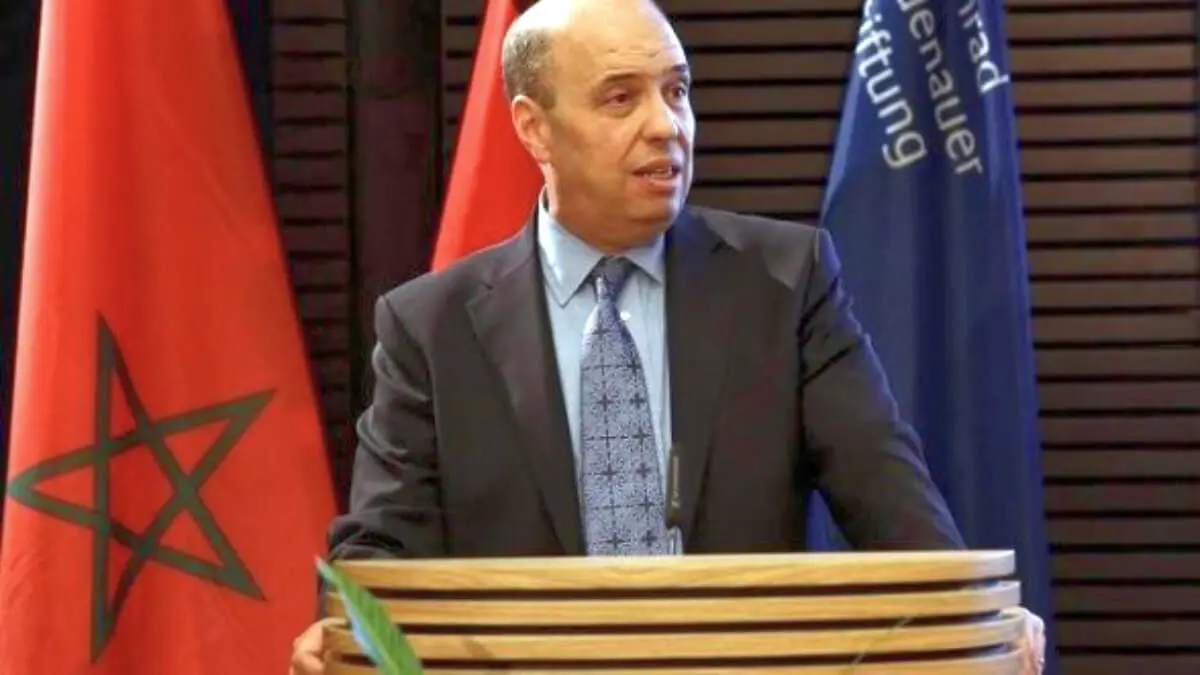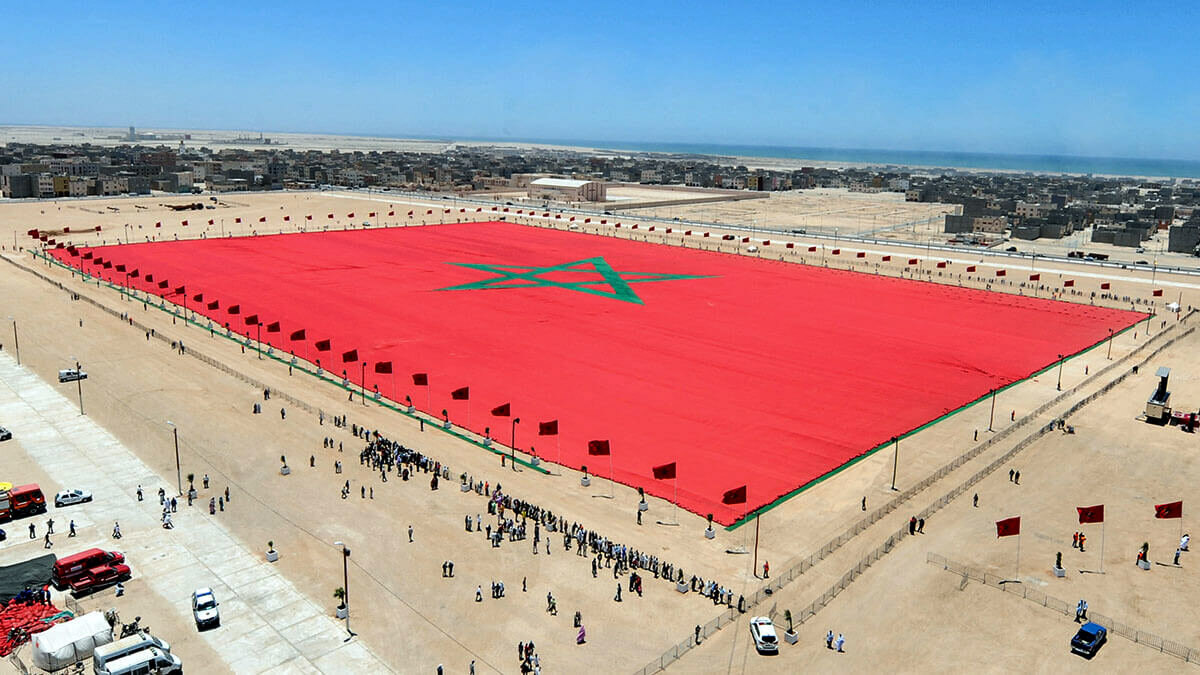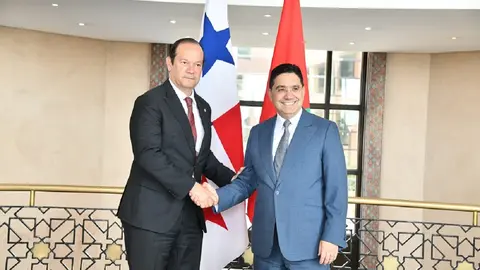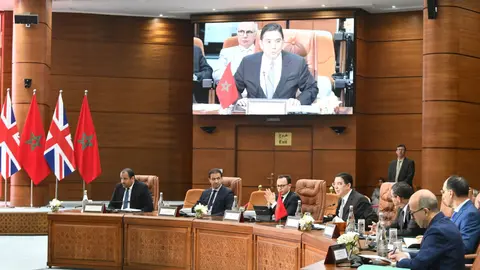The UN reinforces Morocco's sovereignty over Western Sahara with broad support from the HRC

Around 40 nations expressed their strong support for Morocco's Autonomy Plan for Western Sahara proposed by King Mohammed VI of Morocco in 2007 during the 59th session of the UN Human Rights Council, which is taking place in Geneva from 16 June and will end on 9 July.
In his statement, Morocco's ambassador and permanent representative to the UN in Geneva, Omar Zniber, emphasised the importance of the ‘constructive, voluntary and deep interaction’ that Morocco maintains with the United Nations human rights system.

Zniber referred to Morocco's long-term commitment to the promotion and respect of human rights on its territory, in cooperation with the Office of the High Commissioner for Human Rights (OHCHR). This statement, which was made in the context of item 2 of the agenda, focused on the relationship with the OHCHR.
The ambassador recalled that the UN Security Council had previously welcomed the work of the national and regional human rights commissions in Dakhla and Laayoune, as well as Morocco's cooperation with the special procedures mechanisms of the Human Rights Council, in its resolutions on the Sahara.
The joint communiqué of the forty countries also welcomed the opening of consulates general in Dakhla and Laayoune by several states, mainly other African nations, considering them the first step towards a ‘momentum that strengthens economic cooperation and investment’ for the benefit of local communities and regional and continental progress.

The statement also described the Moroccan Autonomy Plan for Western Sahara proposed by King Mohammed VI of Morocco in 2007 as the only ‘credible and serious’ option for a definitive solution to what they consider a ‘political conflict’. The aim, according to the statement, is to achieve a ‘political, realistic, pragmatic, lasting and compromise-based solution’.
Finally, Ambassador Zniber commented that resolving the conflict over the dispute will fulfil the wishes of the population living in the region and will help the integration and development of African and Arab peoples, a goal to which Morocco, according to him, is committed with ‘sincere and continuous efforts’.










